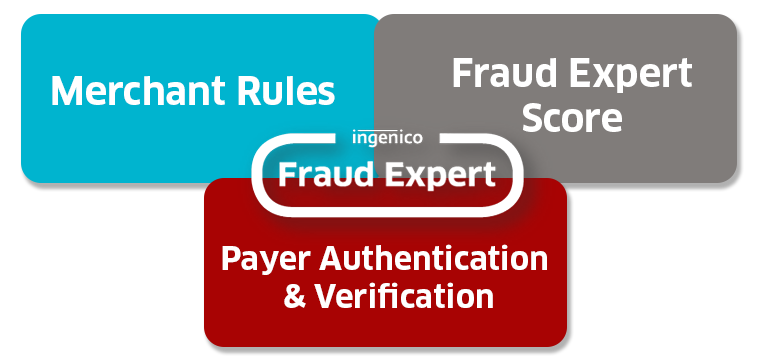Top News To Picking Credit Card Apps
Wiki Article
How Do I Check If My Credit Card Was Reported Stolen In The United States?
To check whether your credit/debit card has been reported as stolen in the USA take these steps: Contact your credit card issuer-
Call the customer support number, which is found on the back of your credit card.
You can ask the representative to verify the status of the card.
Prepare your personal information and credit card details to be checked.
Verify Your Online Account
Log in to the online banking system or account that is associated with your credit card.
Be sure to check for alerts or notifications regarding the state of your credit card.
Recent transactions can be a good indicator of suspicious or unauthorized transactions.
Monitor Your Credit Report
Obtain a free copy of your credit report from each of the three major credit bureaus (Equifax, Experian, TransUnion) through AnnualCreditReport.com.
Check the report for suspicious credit accounts or inquiries that might be a sign of fraudulent activity.
Fraud Alerts (and Security Freezes)
Think about putting a freeze on your credit report or fraud alert on your credit report in the event of fraud or identity theft are suspected.
A fraud alert alerts creditors to the additional actions they must be taking to verify your identity prior to offering you credit. A security freeze restricts access to your credit report.
Stay Vigilant and Report Suspicious Activity-
Check your credit card statements frequently and immediately make a report of any suspicious or illegal transactions.
Inform any suspicious cases of identity theft or fraud to the Federal Trade Commission (FTC) and make a report to the local law enforcement agency.
By contacting your bank, looking up your account's history online, monitoring the condition of your credit score, and remaining alert for any warning signs of fraudulent transactions, you can ward off fraudulent use of your credit card.

What Does It Mean For My Credit Card To Be Listed On The Blacklist?
A credit card placed on a "blacklist" is one that has been deemed to be blacklisted by its issuer, financial institution or both due the possibility of fraud, security concerns or other dangers. There are a variety of reasons why a card might be placed on the blacklist.
The suspicion of fraud - Blocking cards for security can be initiated by suspicious or unusual transactions which trigger fraud detection software.
Security Concerns. The card could be flagged in the event of signs of potential compromise. Examples include unauthorised access to the card, a breach in data related to the card, or unusual spending patterns.
Identity Verification Problems - Issues with verifying the identity of the person who is using the card in transactions can result in the temporary suspension of the card particularly when an additional verification is required.
Card that was lost or stolen - The card issuer could block the card if the cardholder claims it is missing or stolen. This can stop any unauthorized use of the card until the replacement card is received.
Suspicious Activities Indicators - Any activity or behavior that is entailed with a card and is suspect could result in immediately a block. Examples include multiple declined transactions, geographical anomalies, or unusual spending patterns.
If a credit card is placed in a "blacklist" that means the cardholder might not be able gain access to credit or use their card until the issuer has confirmed the legitimacy of the card or resolved any concerns about fraud or security. Cardholders need to immediately contact their issuer to let them know about the problem, verify the transactions, and resolve any security issues.

What Persons Are Qualified To Check The Credit Card Number On The Blacklist?
Validating credit card numbers against the blacklist or examining for fraudulent activity involving credit cards is normally performed by authorized professionals within banks, law enforcement agencies, or cybersecurity companies. They are Fraud Analysts- individuals who are trained by banks to spot and investigate suspicious activities that involve credit cards. They use specialized software tools to identify patterns.
Cybersecurity experts are professionals who specialize in cybersecurity. They are educated to monitor and identify security threats, like the theft of credit cards. They concentrate on preventing breaches of data, analyzing the information for warning signs and taking steps to implement security.
Specialized groups within law enforcement agencies or individuals who investigate criminal activity in the financial sector, such as credit card fraud. They have the resources and databases necessary to track fraudulent activity.
Compliance Officers: Experts who ensure that financial institutions are in compliance with the laws and regulations governing financial transactions. They are also responsible for overseeing procedures for monitoring suspicious activity and identifying it related to credit cards.
The authority to verify credit cards against blacklists or databases is regulated by law and requires the necessary authorization.
They use software, protocols and legal procedures and special protocols and software to check credit card information against blacklists while ensuring strict security and privacy guidelines. If you're worried regarding security concerns regarding your credit card information It is essential to speak with an authorized professional or institution. Unauthorized attempts to access or use credit card blacklists can cause legal issues. Have a look at the most popular savastan0 carding for site examples.
